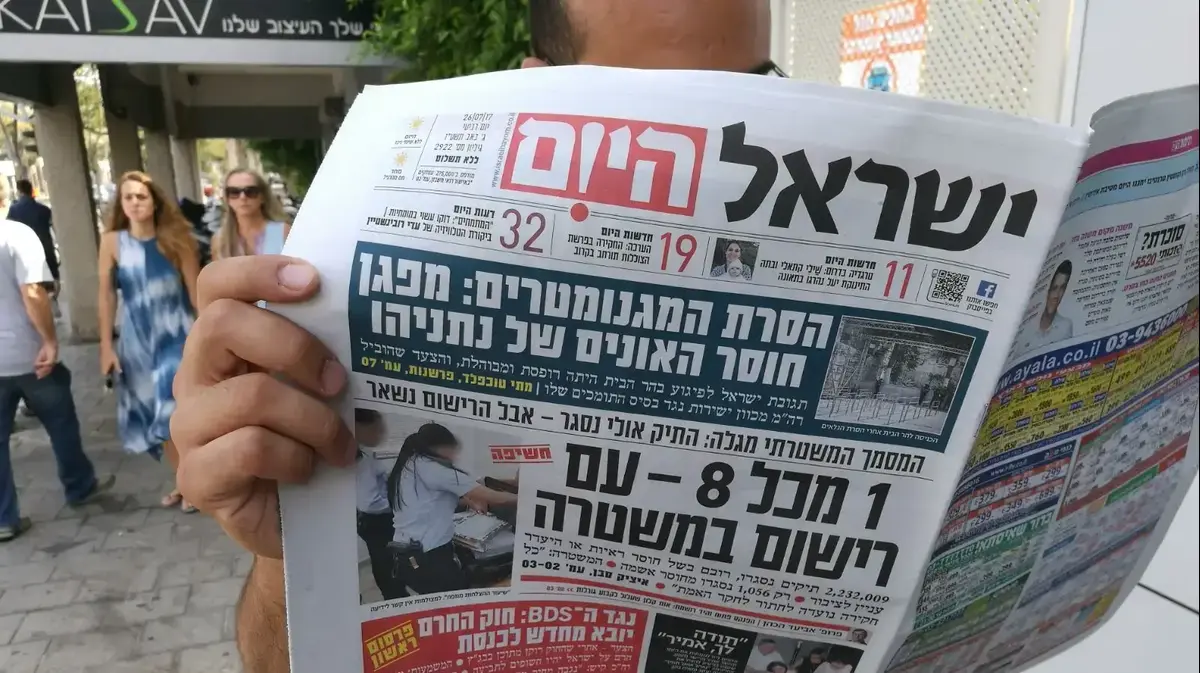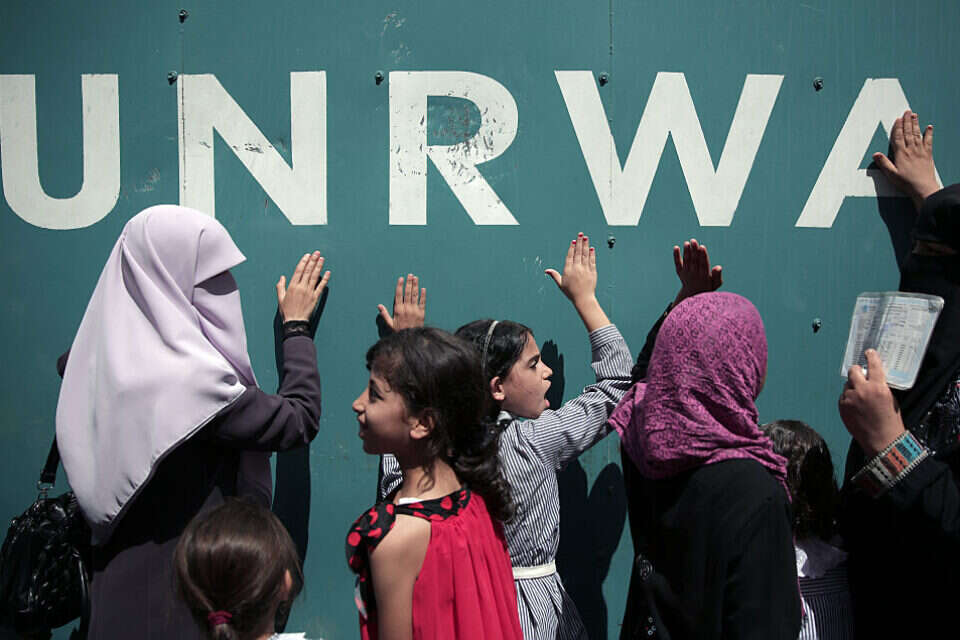It's no secret that the Russian invasion of Ukraine shakes the Israelis born in the USSR - now there are preliminary data to what extent:
a study currently being conducted by Dr. Svetlana Chachashvili-Bolotin, a senior researcher at the Institute for Immigration and Social Integration at the Rupin Academic Center, focuses on the consequences of the war Russia-Ukraine on Israelis from the former Soviet Union.
It should be said right away: 940 people participated in the first and online part of the study, but the first group for which the data was processed is of 467 women aged 25-60 with a higher education, who immigrated to Israel in 1988-2018.
According to the researcher, some of the patterns observed among the educated can also be found among other former Soviet veterans, but with different intensities.
Dr. Chachashvili-Bolotin. Photo: Alexandra Bolotina,
Among educated women who left the former Soviet Union, there is overwhelming support for the Ukrainian side (about 80%). However, there are differences between women who left Russia, Ukraine, and other countries of the former Soviet Union.
The overwhelming majority of people born in Ukraine - 87% - are leaning towards the Ukrainian side.
8% of them have no inclination towards any side, and 5% lean towards Russia.
Support for Ukraine among native Russians is estimated at about 76%, compared to about 2% who support Russia, and 22% are not inclined to take any side in the war.
Among the natives of the other countries of the former USSR, there are about 74% who support Ukraine, 5% in Russia, and 22% have no position. 79% of the natives of Ukraine reported that they contributed or helped the citizens of Ukraine. Among the natives of Russia, the support rate is estimated at 66% , and among the rest of the countries it is estimated at 68%.
The consequences of the war in Ukraine, photo: Reuters
The research participants were also asked if the war is present in their daily lives.
For Russian-born women the score was 3.5, and for Ukrainian-born women 3.8, with a score of 1 representing complete disagreement with the statement, and 5 signifying complete agreement.
In the index of involvement and the presence of the war in everyday life, the score of Russian-born women was 3.7 on average, and for Ukrainian-born women - 4. That is, Ukrainian-born women are more affected by the war and more involved in what is related to it, compared to Russian-born women or the other countries.
Consequences of the war in Ukraine, photo: Tamir Morg
Tensions within the family
Dr. Chachashvili-Bolutin also asked to find out how the war is reflected in the respondents' immediate environment. "Russian-born women experience more tensions within the family because of the different opinions, compared to the other groups," she says. "55% of them said that within the family or at Those who are close have different opinions, compared to 47% among Ukrainian women."
40% of women born in Russia said that their lives had changed for the worse as a result of the war, as did 42% of women born in Ukraine, but only 26% of women born in the other countries responded this way.
The main reason is concern for relatives left in the countries of origin.
On the other hand, 57% of women born in Russia, 56% of women born in Ukraine and 73% of women born in other countries said that their lives have not changed.
The war in Ukraine, photo: Reuters
Four out of five respondents were surprised by the outbreak of the war, but the particularly interesting statistic is the emotional reaction to the war: 48% of Ukrainian women were surprised by the way the war affected them, as were 37% of Russian women and 33% of women from other countries.
It was also found that the war strengthened the feeling that immigrating to Israel was the right decision: both Ukrainian-born and Russian-born gave an average score of more than 4.
At the same time, the war did little to strengthen or create Ukrainian identity among natives of Ukraine: the average score for the determination was 3.3 (on a scale of 1-5).
A destroyed building near Kyiv, photo: AFP
The researcher: A comprehensive intervention is required
"It is possible to see a revival of this identity among women born in Ukraine," says Dr. Chachashvili-Bolutin.
The war had an emotional impact, and a comprehensive intervention is required to help and reduce the dimensions of the secondary trauma among them.
The policy makers must allocate resources for the benefit of this population."
were we wrong
Fixed!
If you found an error in the article, we would love for you to share it with us









